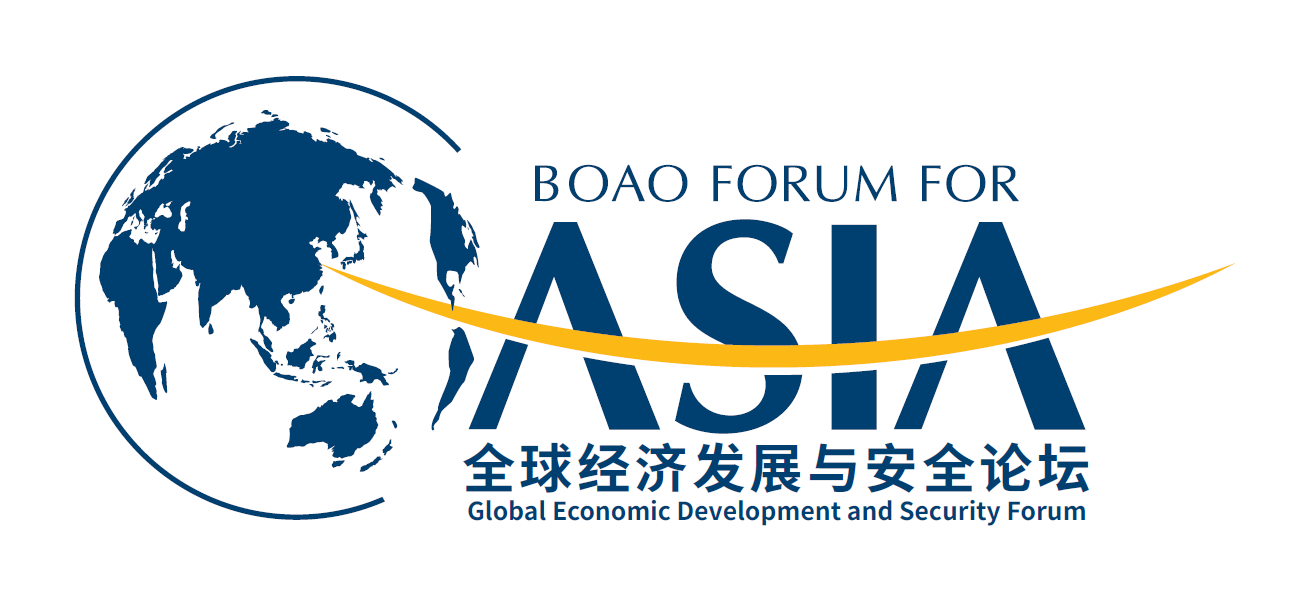
张剑秋
内蒙古伊利实业集团有限公司高级执行总裁
ZHANG Jianqiu
CEO of Inner Mongolia Yili Industrial Group Co., Ltd.
答:老龄化社会的急速到来,让如何提升老龄人群的生活质量成为了挑战。关爱老龄人群生活、增进老龄人群福祉,全面推进构建老年友好型社会,需要国家、社会、企业和个人的共同努力。
健康食品企业应当积极响应国家政策,深入研究老龄人群的生理特点和膳食结构,针对老龄人群的健康需求,以卓越的创新实力和优质的服务水平,推动适老健康食品的发展。
现在,伊利已经在开展这样的产品研发,并实现成果转化。比如,老龄人群中糖尿病患者、血糖异常的人数在逐年升高,伊利创新推出全球首款高血糖友好牛奶舒化安糖健,通过采用“双重草本+膳食纤维”创新功效配方,助力中老年糖尿病和血糖异常人群实现餐后血糖平稳,精准实现营养补给。类似这样的适老健康食品还有很多,从营养需求研究、配方组合优化到功效验证,伊利建立了从基础研究到产品开发的成熟链路。
“老吾老,以及人之老”,希望我们都能共同努力,打造尊老、爱老、适老的氛围和环境。
问:气候变暖的缓解、双碳目标的实现,不仅仅是产业界需要转型升级加以应对,更需要社会发展方式和生活方式的变革作为支撑。社会发展如何跟上绿色发展的步伐?
答:早在2007年,伊利就提出“绿色领导力”,并逐步升级为“绿色产业链”理念。伊利已在2012年实现碳达峰,将通过2030年、2040年、2050年三个阶段的具体任务,在2050年前实现全产业链碳中和。
在产业上游,建设“绿智能牧场”,实现源头减碳。初步突破了降低奶牛碳排放量的育种基因编辑技术,为未来培育低碳核心牛群奠定了基础;通过提高奶牛饲料转化率,降低奶牛打嗝产生的甲烷排放,实现源头减碳;推行以养带种、以种促养的“种养一体化”生态农业模式,让饲料种植和奶牛养殖紧密衔接,针对性提升草场碳汇功能;推进多家牧场的光伏项目建设,实现“棚顶光伏、棚内养牛”,建成后将解决牧场40%的用电量。
在产业中游,创新资源节约使用和循环利用技术,打造了5家零碳工厂,其中就包括中国食品行业首个“零碳工厂”。
在产业下游,研发推出5款零碳产品,业内首款“零碳牛奶”“零碳奶粉”“零碳酸奶”“零碳冰淇淋”,引领低碳消费新风向;还升级纸箱配材及工艺、优化塑料包装结构,实现包装轻量化、降低碳排放。
2023年,伊利还开始“水足迹”探索,成为首家获批加入联合国《水行动议程》的中国企业。当前的伊利,正在用“碳足迹”和“水足迹”的“双足迹”,持续推进减污降碳协同增效工作,实现节能减排目标,推动全产业链碳中和,加速迈向零碳未来。
A: The rapid arrival of an aging society is posing a challenge to the improvement of the quality of life of the elderly. Caring for the lives of the elderly, and comprehensively promoting the construction of an agefriendly society require the joint efforts of the country, society, enterprises, and individuals.
Health food companies should actively respond to national policies, conduct in-depth research on the physiological characteristics and dietary structure of the elderly, and promote the development of healthy food for the elderly with outstanding innovation capabilities and high-quality service.
Yili has already embarked on such product research and development and has been realizing the transformation of results.For example, the number of older persons with diabetes and abnormal blood sugar levels is increasing year by year, and Yili has launched the world’s first functional milk product capable of blood sugar regulation, ShuHua AnTangJian, which uses an innovative formula of “double herbs + dietary fiber” to help people achieve stable blood sugar levels after meals and accurate intake of nutritional supplements. From nutritional needs research and formula combination optimization to efficacy verification, Yili has established a mature link from basic research to product development.
As the Chinese saying goes, “extend the same care you give to your own aged parents to the elderly in general,” I hope that all parties will work together to create an atmosphere and environment that respects, cares for, and is suitable for the elderly.
Q: Achieving climate change mitigation and China’s dual carbon goals requires both industry and society to play their part. That is, industrial transformation and upgrading, and changes in society’s development methods and lifestyle. In what ways can social development keep pace with green development?
A: As early as 2007, Yili proposed “green leadership” and gradually upgraded it to the concept of “green industry chain.”
Yili has reached the peak of carbon emission in 2012 and will strive for carbon neutrality across the entire industry chain by 2050 through specific tasks in three phases: 2030, 2040, and 2050.
In the upstream of the industry, green smart farms are built to reduce carbon emissions. We have made an initial breakthrough in gene editing technology for livestock breeding that reduces the carbon emissions of dairy cows, laying the foundation for cultivating low carbon core herds. Carbon reduction at the source is achieved by improving the feed conversion rate of dairy cows and reducing methane emissions from cow belching. We are promoting the ecological agriculture model of “integrated planting and breeding” that uses breeding to promote planting and vice versa, so that feed planting and dairy farming are closely connected, and the carbon sink function of grasslands is improved in a targeted manner. We are promoting the construction of photovoltaic projects in many farms to achieve “photovoltaic on the roof of sheds in which cattle are raised.” Upon completion, they will meet 40% of the electricity needs of the farms.
In the midstream, we have innovated resource conservation and recycling technologies and built five zero-carbon factories, including the first “zero-carbon factory” in China’s food industry.
In the downstream of the industry, we have developed and launched 5 zero-carbon products, including the industry’s first “zero-carbon milk,” “zero-carbon milk powder,” “zero-carbon yogurt” and “zero-carbon ice cream,” leading the new trend of low-carbon consumption. We also upgraded carton materials and processes and optimized the structure of plastic packaging to achieve lightweight packaging and reduce carbon emissions.
In 2023, Yili also started examining its water footprint and became the first Chinese company approved to join the United Nations’ Water Action Agenda. With the dual footprints of carbon footprint and water footprint in mind, we continue to promote synergy and efficiency in our pollution and carbon emission reduction efforts to achieve our energy conservation and emission reduction goals, promote carbon neutrality throughout the industry chain, and accelerate the realization of a zero-carbon future.
来源:博鳌亚洲论坛
